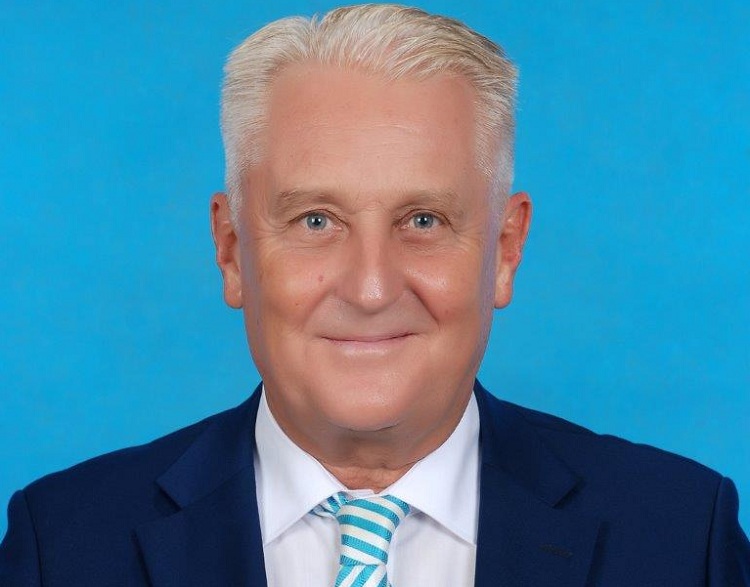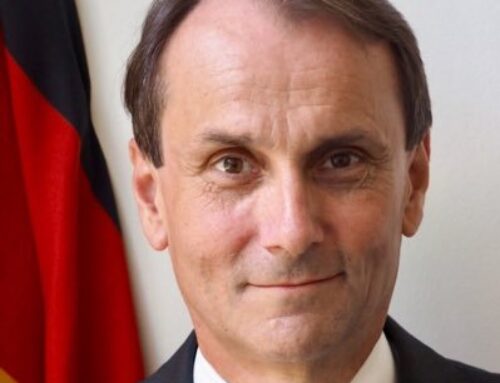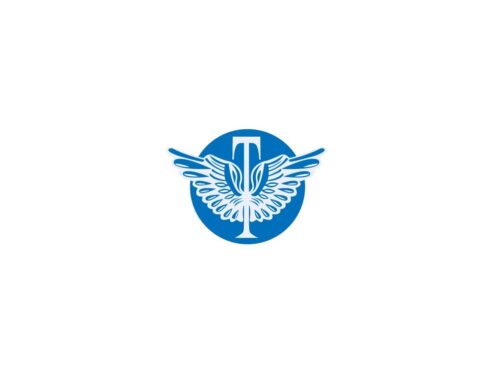
Germany is one of the great supporters of Myanmar’s industrial development. We opened our Embassy already in 1954. The two countries renewed their development cooperation in 2012 with the lifting of EU sanctions and currently maintain vivid economic relations. Christian-Ludwig Weber-Lortsch, Ambassador of Germany to Myanmar, discusses the economic relations and business opportunities.
European Times: What are Embassy’s main activities and goals?
Christian-Ludwig Weber-Lortsch: The German Embassy is actively working to support the reform process and stimulate the business climate in the country. The Embassy’s main focus is sustainable economic development provided through vocational trainings, improvement of the financial institutions, SMEs development – with a special focus on the Shan state area, and rural development. One of the key working areas of the Embassy is to support bilateral trade relations.
As a political partner, facilitator and first point of contact in the country, the Embassy’s aim is to enable German businesses to get access to Myanmar. To achieve this, we encompass close cooperation with the Delegation of German Industry and Commerce in Myanmar and the German-Myanmar Business Chamber (GMBC) established in 2015.
European Times: What are some of the key factors creating the path to foreign investments in Myanmar?
Christian-Ludwig Weber-Lortsch: Economic reforms could help to empower Myanmar’s productivity and increase favourable conditions for foreign investors and enterprises. The country offers great potential, providing a central location in Asia and a young workforce. But the development of business climate requires much more. In order to attract foreign investments, the country needs to provide stability and security, reform the legal system and create a business friendly environment. Additionally, the country makes an effort to attract foreign investments by establishing special economic zones such as Thilawa near Yangon and Kyaukpyu – hosting an oil and gas pipeline to China.
German foreign investments are increasing slowly but steady. By the end of 2013, Henkel entered the market for detergents and Adidas started producing in Myanmar in 2015. German exports to Myanmar climbed to a peak of about €148 million, focusing on machinery and cars. Imports from Myanmar doubled to an amount of €197 million with focus on textiles.
European Times: Which sectors should the foreign investors target?
Christian-Ludwig Weber-Lortsch: Myanmar offers immense opportunities, from large-scale infrastructure projects to services, engineering and agriculture. Smaller companies can also discover a niche, whether as an IT start-up, or as a supplier for more traditional industries. There is possibility for everybody to invest and grow within the market in Myanmar.




